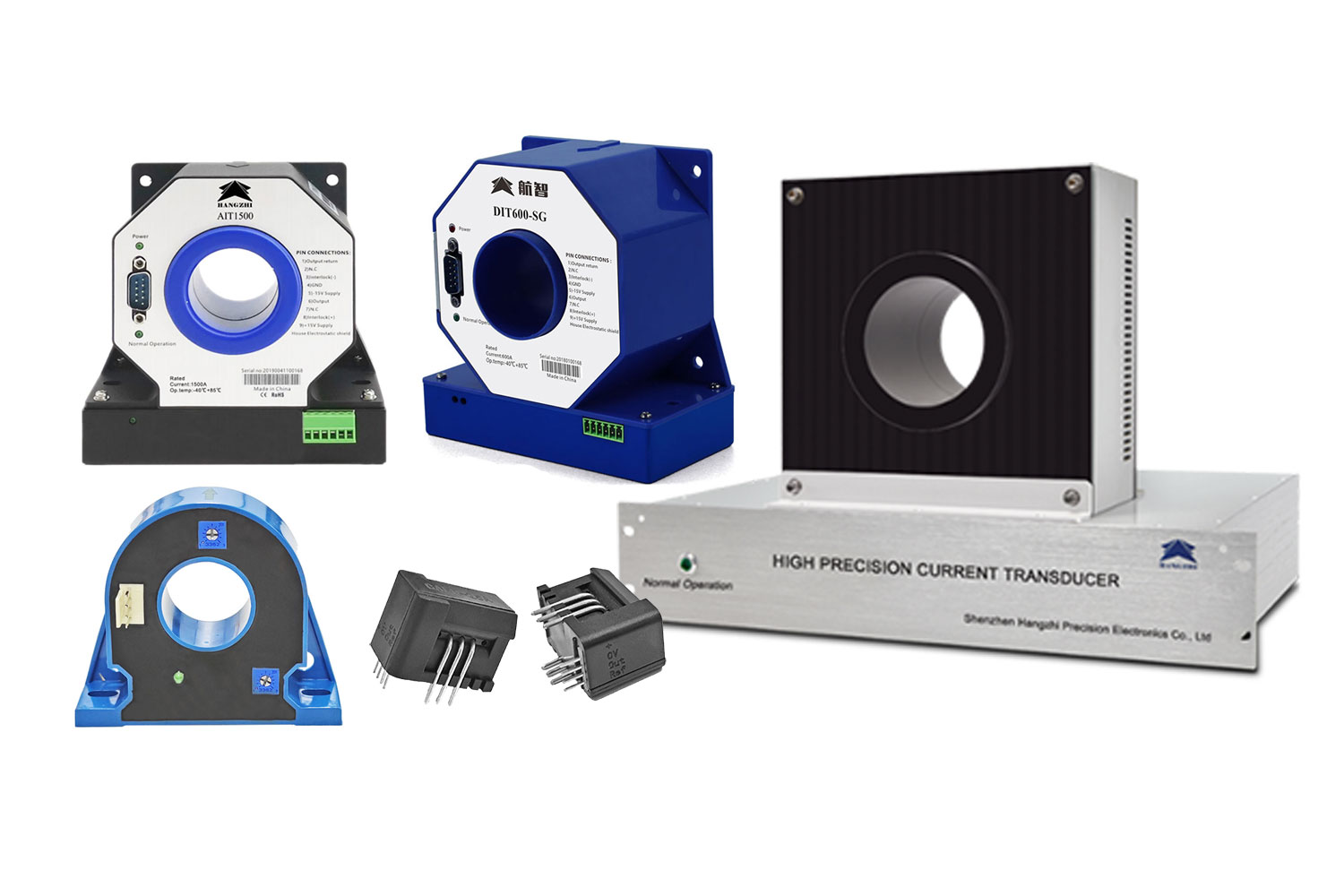
Tabla de contenido
Power systems, which supply the energy required for our homes, businesses, and organizations, are the foundation of contemporary infrastructure. It is crucial to guarantee these systems’ dependability, security, and effectiveness. As an essential part of power systems, a current transducer is vital for monitoring and protecting the flow of electrical currents.
This article will explore why current transducers are essential in power systems, covering their functions, benefits, and overall impact on system performance.
1. Accurate Current Measurement
Current transducers provide precise measurements of electrical current flow within power systems. This accuracy is crucial for monitoring and controlling electrical systems effectively.
2. Real-Time Monitoring
They offer real-time information on the direction and magnitude of current, which is vital for immediate response to any anomalies or issues in the power system.
3. Overload Protection
Overloading frequently threatens power systems, which can result in equipment damage, blackouts, and even safety risks. Because they always keep an eye on the current levels, current transducers serve as the first line of defense against overloads.
To prevent potential damage and ensure system integrity, the transducer can quickly communicate with safety devices such as circuit breakers to disconnect the affected circuit when an abnormal increase is noticed, which suggests an overload. This allows for timely maintenance, reducing the risk of motor failure and costly repairs.
4. Short Circuit Detection
Power systems are greatly at risk from short circuits, which can result in severe damage or even fires. By observing abrupt spikes in current levels, current transducers are essential for detecting short circuits. When a short circuit is quickly detected, quick reaction mechanisms can be triggered, isolating the problem and reducing its influence on the power system as a whole.
5. Energy Efficiency Optimization
For power systems, efficient energy use is a major objective. Current transducers help reduce energy consumption by revealing trends in the power usage of different system components. Analyzing this data can help find inefficiencies, improve load distribution, and implement energy-saving strategies. This leads to lower energy expenditures, environmental impact, and better system performance.
6. Preventive Maintenance
Strategies for predictive and preventive maintenance heavily rely on current transducers. Maintenance staff can spot problems before they get worse thanks to these transducers, which continuously measure currents and provide data trends over time.
Predictive maintenance increases overall reliability by minimizing downtime, lowering repair costs, and guaranteeing that power system components run as efficiently as possible.
7. Remote Monitoring Capabilities
Modern power systems have become more intricate and linked. Transductores de corriente‘ Remote monitoring features allow for remote system parameter tracking in real-time.
Maintenance staff find this remote access helpful as it enables them to monitor current levels, identify anomalies, and take necessary action without requiring physical presence. Two benefits of remote monitoring are reduced response times in emergency scenarios and increased operational efficiency.
8. Integration with Control Systems
Current transducers offer a full power system management solution by seamlessly integrating with control systems. Coordination of responses to changing system conditions is made possible by this integration.
For instance, the control system may automatically change parameters, turn on safety features, or start emergency procedures to preserve system stability and integrity if an aberrant current level is detected.
9. Compliance with Safety Standards
Given the possible risks connected to electrical currents, power systems must strictly adhere to safety standards and regulations. To satisfy these standards, current transducers are essential because they perform the necessary protective and monitoring tasks.
Reliable current transducers put power systems in a better position to abide by safety rules and provide a safe environment for the persons and equipment within the system.
10. Wide Range of Applications
Current transducers are used in various applications, including industrial automation, power systems, and consumer electronics, making them versatile and indispensable in modern technology.
The Essential Role of Current Transducers in Ensuring Reliability and Efficiency
As defenders of dependability, efficiency, and safety, current transducers are essential parts of power systems. The general integrity of power systems is enhanced by their capacity to measure currents precisely, identify overloads and short circuits, maximize energy use, and assist preventative maintenance.
Transductores de corriente‘ crucial position in electrical infrastructure will only grow as technology develops, and their role in guaranteeing the reliable operation of power systems will intensify.
